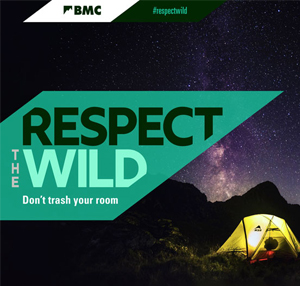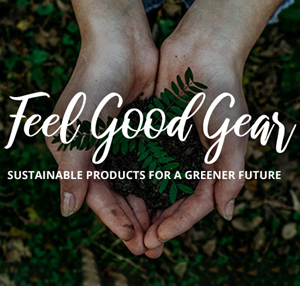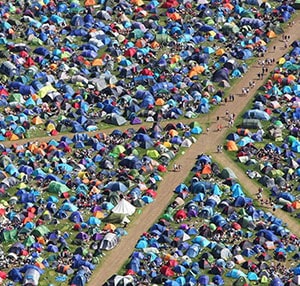Why We Should Be Ditching Disposable Bottles
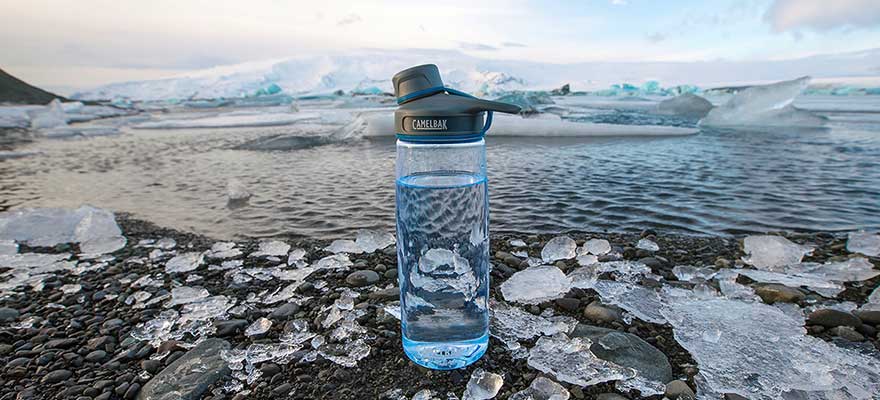
Main Photo Credit: Camelbak
It is estimated that 6.3 billion tonnes of plastic have been created since its use became widespread in the 1950s but that just 9% is recycled or re-used. The remaining 91%, once it has been cast aside as waste, ends up in landfill sites, or finds its way into the ocean where it has a significantly negative effect on the environment.
What are the key benefits of replacing disposable bottles?
- Reduce plastic waste: a huge amount of plastic waste comes from disposable drinks bottles and plastic cups. Choose to reuse a bottle or cup and reduce the waste you generate.
- Save money: buying a bottle of water, or pop, every time you want a drink not only costs money for the contents but also for the plastic bottle it comes in as well as production and transportation. By reusing your drinks bottle you can refill with water for free. If you are out and about look out for a REFILL station where you can fill up with tap water for free. Our Ellis Brigham store in Covent Garden takes part in this scheme and there are plans for many more of our stores to get involved.
- Better hydration for your health: because you have access to more water, you’ll likely drink more. The benefits of your body being better hydrated are huge, from a more effective immune system to better brain function and everything in between.
What kind of bottle should I buy?
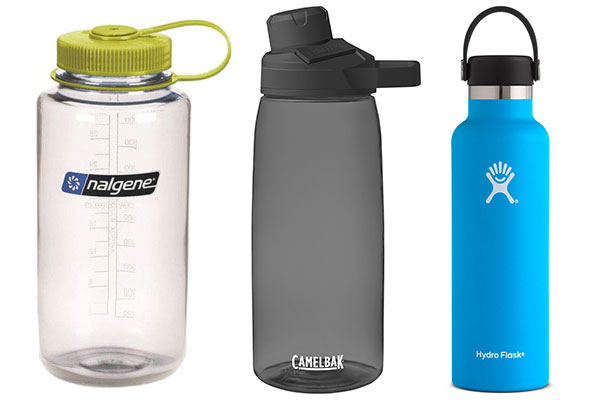
When choosing a drinks bottle, opt for something that can be recycled at the end of a long lifespan. Consider what your priorities are too, metal bottles, for example, can often be considerably more durable over time and can withstand some pretty significant drops but you can’t see through them when collecting water from natural sources. Reusable plastic bottles, while very durable, will likely succumb to cracks under any significant force, that said they usually have a much wider mouth and you can see through them, making them perfect for collecting water from natural sources.
Some bottles offer insulation to help keep the content warm or cold for longer, these are ideal if you enjoy hot drinks in cold environments or cold drinks in warm environments.
Many bottles offer additional caps of varying styles so you can switch between activities; while hiking a screw cap will suffice but if you use the same bottle for cycling you might want the option to have a sports cap for easier hydration while on the move.
Brands such as Camelbak and Nalgene make a huge range of fantastic bottles that are BPA free and recyclable. They’re also on a mission, encouraging people to Ditch Disposable bottles and to Refill Not Landfill respectively.
Klean Kanteen are also a brand keen to reduce plastic waste and have a range of stainless steel tumblers, as well as bottles, that are durable and able to be reused time and time again. They are aiming to increase their presence at events and festivals around the world to encourage the use of reusable containers.
How does plastic waste affect the environment?
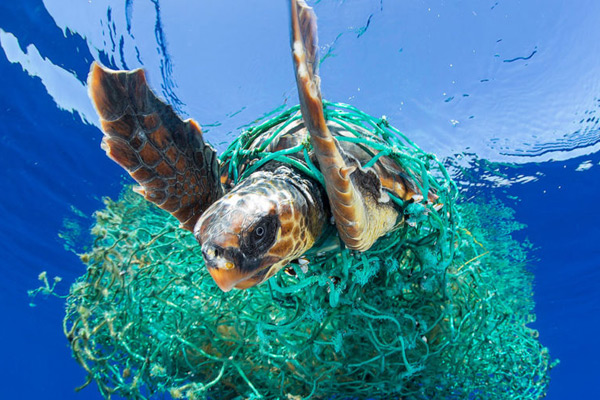
Photo credit: Francis Perez
Plastics take hundreds of years to break down. And when they do break down, they don’t disappear - they simply break down into the tiniest nano-particles possible, releasing harmful chemicals that seep into the surrounding soils and groundwater, contaminating water sources and the ecosystem in general.
Aside from them being harmful once they have eventually broken down, they are also harmful for the many years that it takes for them to get to that stage. Mammals, birds, and fish can mistake plastics for food and ingest them, not only blocking their digestive systems but poisoning them and their offspring too. In addition to this, animals can become entangled in plastics, sometimes permanently.
It's important to consider the effects that we have on the environment and how our personal and collective decisions on a daily basis can have long term damage. If we all begin to make changes, no matter how small they are, we can make a positive, lasting change to the environment.
 |
About the Author:Charlotte Fish - Outdoor ExpertCharlotte discovered her passion for the outdoors in her early teens and has never looked back since. Her pursuit of outdoor activities has taken her all over the world but she truly believes there is no place like home. |

